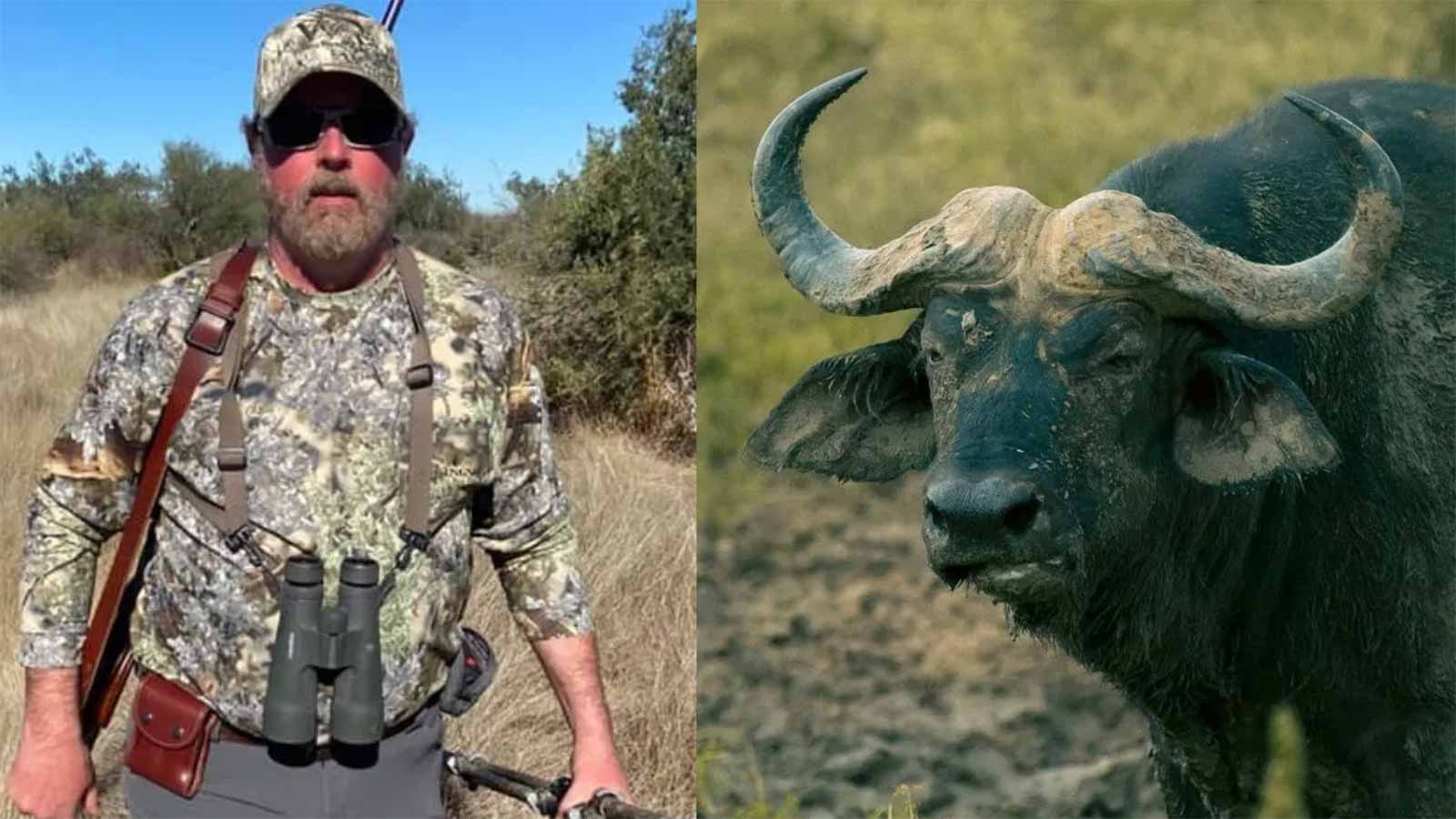
A hunting expedition in northern South Africa turned fatal on Sunday when a 59-year-old American hunter from Texas was gored by a buffalo near Makhado, Limpopo province, authorities confirmed.
The tragic incident underscores the inherent dangers of big game hunting, even in heavily regulated environments.
According to reports from The Citizen, the hunter was tracking the buffalo when the animal charged unexpectedly, inflicting severe injuries to his abdomen and flanks.
Responding law enforcement officers discovered both the man’s body and that of the buffalo nearby, the latter bearing a gunshot wound.
The Limpopo region, situated close to the Zimbabwean border, is renowned for its big game hunting safaris, particularly for species such as buffalo, which are infamous for their unpredictability and strength.
While all hunting activities in the area require strict licensing and regulation, the risks posed by such powerful wildlife remain significant.
The incident has reignited ongoing international debates surrounding sport hunting in Africa. Proponents highlight the economic benefits it brings, including funding for conservation efforts and local community development.
Critics, however, emphasize the ethical concerns, risks to wildlife populations, and the human cost of accidents like this.
“This latest tragedy is a stark reminder that, despite extensive preparation and supervision, interactions with wild animals can quickly turn dangerous and unpredictable,” said a local wildlife expert.
As the world watches, this unfortunate event adds a sobering chapter to the complex conversation about the future of big game hunting in Africa—balancing economic interests, wildlife preservation, and human safety.



